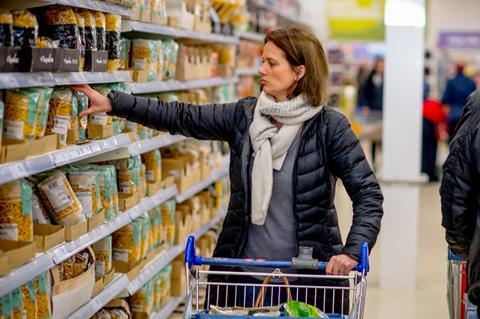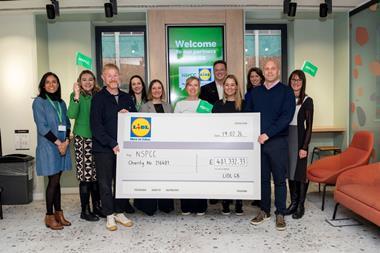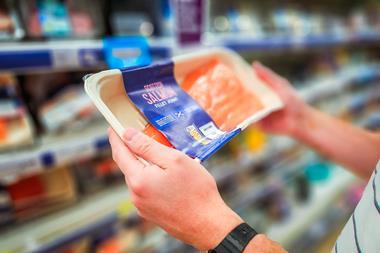
The food and beverage industry has navigated an onslaught of challenges. The pandemic, Brexit aftershocks and the fallout of the Ukraine invasion have resulted in a turbulent marketplace.
The accumulation of these adversities has escalated food inflation across European countries to double-digit figures. Consequently, consumers are turning towards private label and the discounters to mitigate the impact.
This has propelled sales in the private label market, pushing suppliers to grapple with market instability and a surge in demand. Our latest research at IPLC examined if this chaotic period had altered the power dynamic between retailers and private label suppliers, and what the future implications could be.
Our research utilised interviews and an online survey to explore alterations within the private label supply chain. The findings revealed product availability is now the key focus for both retailers and suppliers. This is driving some significant changes in how retailers and suppliers are working together – to achieve outcomes such as range rationalisation, full end-to-end supply chain analysis and standardisation of recipes.
We also found suppliers across Europe had taken an assertive stance on recovering rapidly increasing costs, with some halting or threatening to halt supply unless retailers agreed. This tough position has sparked a collaborative approach as retailers recognise the business loss stemming from empty shelves.
Our investigation spotlighted six upcoming challenges for private label suppliers: managing volatility, maintaining competitiveness, recruiting and retaining good people, creating growth, focusing on sustainability, and digital transformation. The foremost concern was managing volatility, emphasising our transition into a volatile, uncertain, complex, and ambiguous (VUCA) world.
The research offered three future-proof pivotal strategies:
- Pursue a diversified customer mix, such as contact packing, to secure more stable and predictable supply contracts
- Adopt a clear purchasing strategy, augmented by hiring buying specialists, to gain better insights into key input costs. For smaller companies, this could involve collaboration with peer companies
- Develop a deeper understanding of consumer perspectives and keep abreast of commodity and energy trackers, fostering cross-functional teams that can support sales teams
Recruiting and retaining good people was highlighted as a challenge across all European countries both at a factory level and in more senior roles, so this issue is not unique to the UK. Among suppliers that have an international footprint, this is leading to forward planning to move production into locations where labour is more readily available or even the use of a third party partner for production. For senior roles, companies are taking advantage of newly found remote working to have a more relaxed approach to where people live.
Interestingly, the study also showed that while sustainability has been deprioritised over the past three years, it hasn’t retrogressed. Our survey this year showed 87% of respondents believed sustainability and eco-friendly products presented opportunities to foster stronger relationships with retail customers in the future. And only 26% stated that buyers were open to using less sustainable ingredients.
The crux of the research demonstrates a significant shift in market value determinants. Private label has transcended from being solely price and quality-based to a comprehensive model incorporating price, quality, availability, and sustainability.



















No comments yet